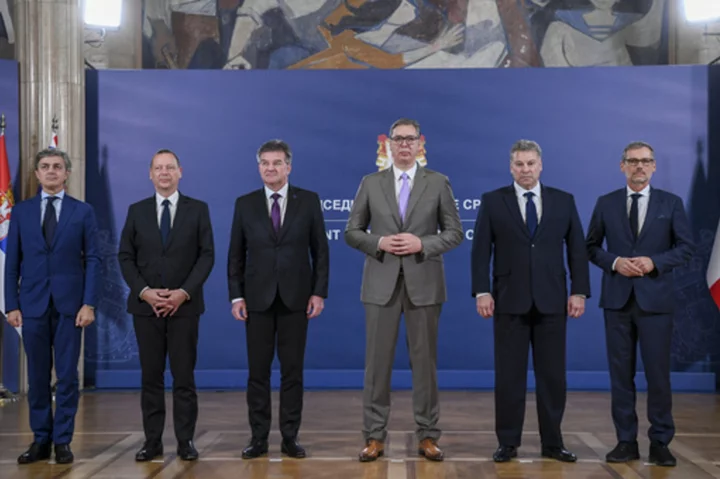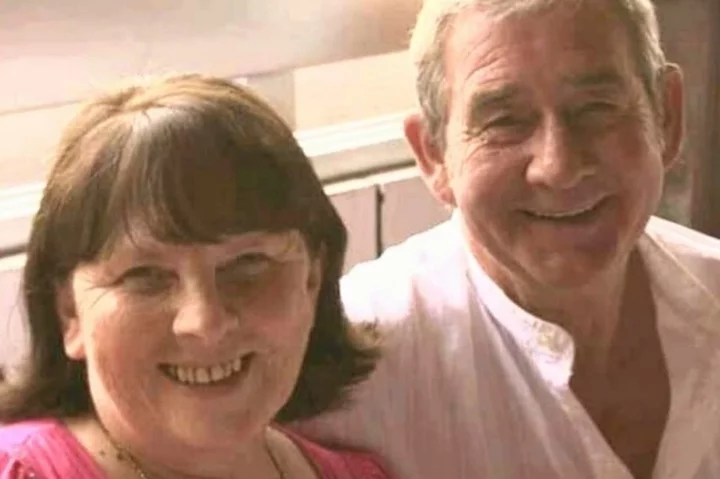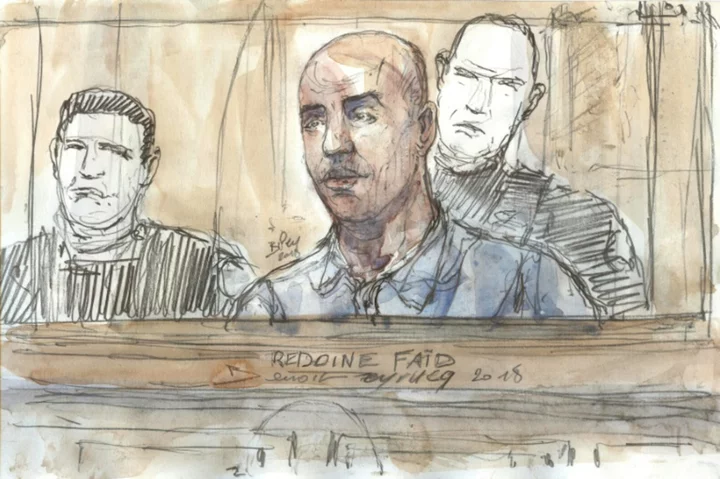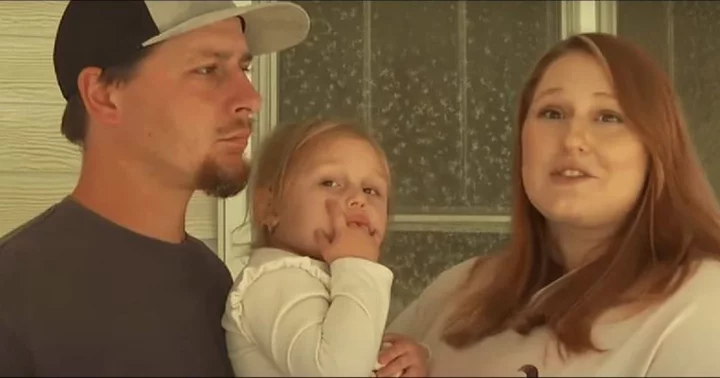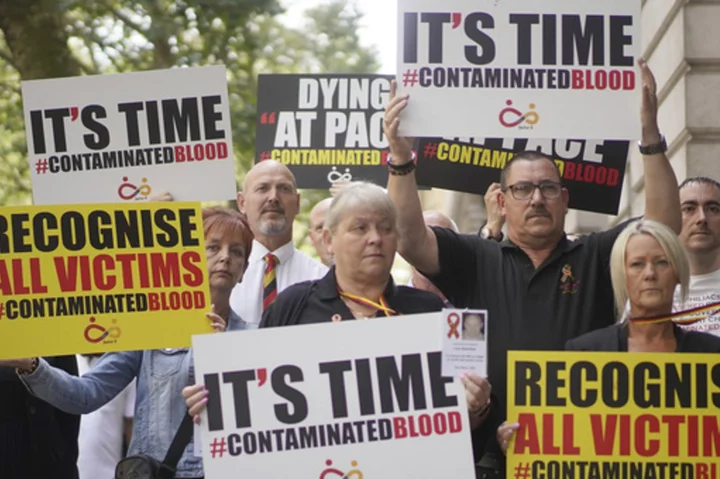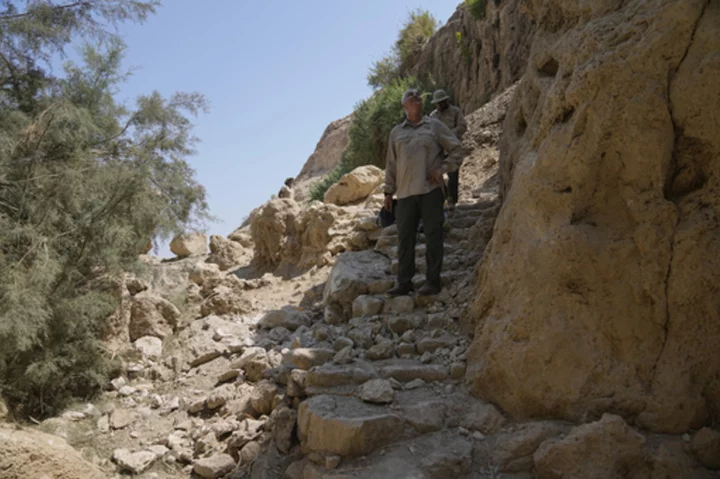BRUSSELS (AP) — The leaders of Serbia and Kosovo have been invited to meet with top European Union officials to try to breathe life into talks aimed at normalizing their relations, as the 27-nation bloc’s leaders gather in Brussels for a two-day summit starting Thursday.
Serbian President Aleksandar Vucic and Kosovo Prime Minister Albin Kurti are not expected to meet face to face, but the aim is to push forward with new “proposals and ideas” floated in exploratory talks last weekend, said Peter Stano, spokesman for EU foreign policy chief Josep Borrell.
Fears are high of a resumption of the violence that has characterized their ties since Kosovo unilaterally broke away from Serbia in 2008. Belgrade has never recognized the move. The EU, through Borrell, has supervised a “dialogue” between them to get things back on track.
The meetings, if they proceed, could be an important step forward, after about 30 Serb gunmen crossed into northern Kosovo on Sept. 24, killing a police officer and setting up barricades before launching an hours-long gun battle with Kosovo police. Three gunmen were killed.
Stano said the EU expects “quick action by the parties to show they are committed to continue to the normalization process – by delivering on their respective dialogue obligations … as well as all past agreements – without preconditions or delays.”
The United States and the EU want Kosovo and Serbia to implement a 10-point plan put forward by Borrell in February to end months of political crises. Kurti and Vucic gave their approval at the time, but with some reservations.
Stano underlined that the exploratory talks in the region over the weekend were aimed solely at finding a way to bring that agreement into effect, and that “there is no intention to replace it.”
Kurti and Vucic do not trust each other. Neither wants to be the first to commit without guarantees that the other will reciprocate.
The EU and U.S. are pressuring Kosovo to allow the creation of an Association of the Serb-Majority Municipalities to coordinate work on education, health care, land planning and economic development in communities of northern Kosovo mostly populated by ethnic Serbs.
Kurti fears that this would be a step toward creating a Serb mini-state with wide autonomy.

